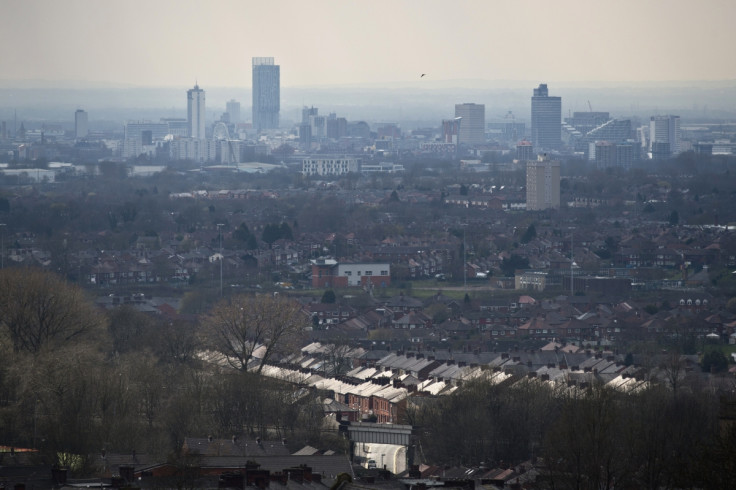If you really want to rebalance UK economy, North needs big changes to drive growth

As someone who was born in Miles Platting, North Manchester and lived all my adult life in Oldham, the latest report from the Joseph Rowntree Foundation (Uneven Growth – Tackling Decline In UK Cities) comes as no surprise. The report shows that 10 of the top 12 most declining UK cities are in the north of England.
Frankly any recent study would show that many of our Northern cities still suffer from a legacy of industrial decline and a failure of all governments to develop a regional economic strategy. The consequences are not just felt in Northern towns. London and many cities in the south suffer from high levels of congestion and property prices that disadvantage their residents. But as I reminded my colleagues when I was leader of Oldham Council – our challenge was not to explain the history of Oldham, but to change it.
If we want to ensure that similar reports are not being written in 10 years, we have to focus on the transformational changes in the North that will create the self-sustaining growth necessary to rebalance the national economy. Three issues are critical:
1. The report is correct to stress the vital importance of an educational and skills strategy. Too often many industrial towns are trapped in a cycle of low skills and low-paid jobs that offer nothing to the ambitious and entrepreneurial.
It was my mission at Oldham Council to encourage more local people to set up their own businesses. We are seeing the results in our "Independent Quarter" which is helping to transform the prospects for our town centre. Our schools and colleges have to respond to these new challenges more effectively and that is why I established the Oldham Educational And Skills Commission with Estelle Morris, the former secretary of state for education.
There is a growing danger that, with the advent of national chains of academy schools, educational priorities are set nationally with no regard to local needs and interests.
2. We need much more effective transport connections in and between our regional cities. It currently can take as long to get from Liverpool to Leeds, a distance of 70 miles, as from Liverpool to London, a distance of 170 miles. Greater Manchester is the only Northern conurbation that has a relatively well-developed tram system.
Greater connectivity in and between our Northern cities can help create the large consumer markets essential for major investment and also allow greater opportunities for job seekers and local businesses. It also means that we can make a more effective case for national cultural institutions to move part of their hidden treasures to Northern cities with a much larger catchment area of potential visitors.
3. As someone who has recently made the transition from council leader to MP, I am beginning to understand some of the tensions that exist between central and local politics. In many Northern towns there is a strong sense of civic pride that can sometimes present itself as opposition to change and renewal. But if we in the North are to realise the potential that exists for economic and social progress, we have to challenge the victim mentality that can occasionally occur as in the current political debate on devolution.
The current offer from the government on political devolution to several city regions can be improved, but the best way to do that is ensuring we have effective political leadership at local and national level − and specifically around the role of the new city region mayors.
Our future in Greater Manchester is working together to create a city region that can compete with the best in Europe. To do that, we as political leaders at all levels have to work with our business and civic leaders to improve on the current devolution offer, but more importantly create the confidence and dynamism that is integral to transformational change.
Jim McMahon is the newly elected MP for Oldham West and Royton. He was previously leader of Oldham Council.
© Copyright IBTimes 2025. All rights reserved.




















